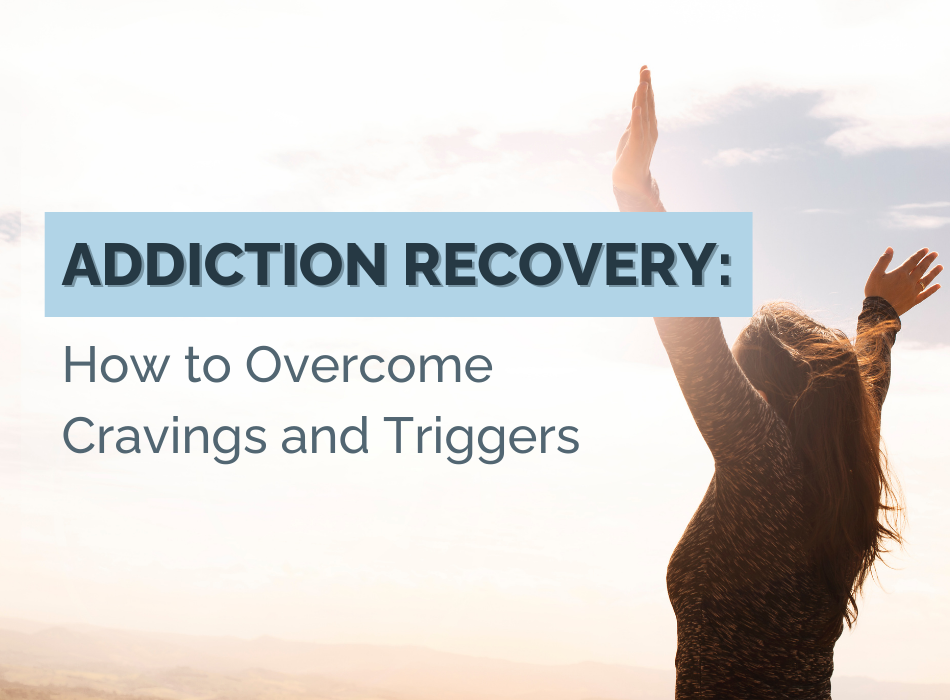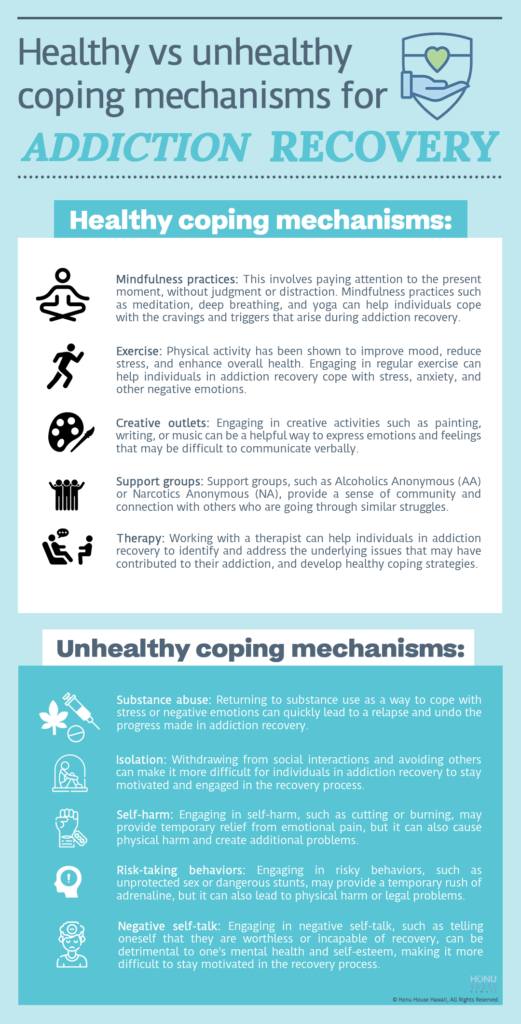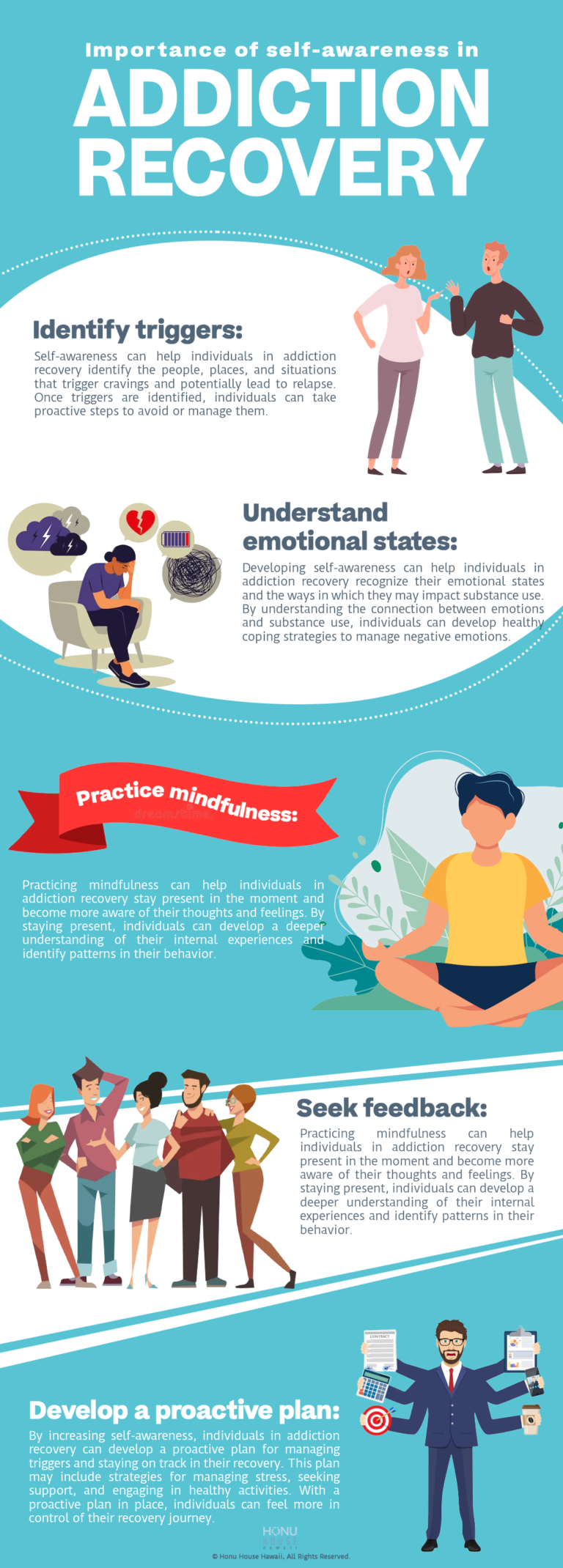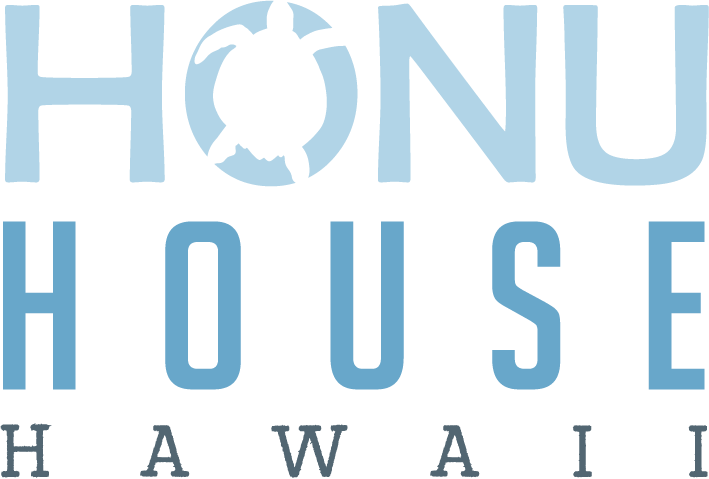
Addiction Recovery: How to Overcome Cravings and Triggers
-
By John Burke
-
March 8, 2023
Addiction affects millions of individuals worldwide. Sometimes referred to as a disease, it is an obsessive need to consume drugs or alcohol despite recognized negative consequences. It’s characterized by a persistent desire to use substances of any kind and can lead to the emergence of other mental health disorders, acute increase in symptoms of existing ones, or both.
How to overcome an addiction is a question many face when dealing with this challenge. Coping with triggers and cravings is the most challenging part of recovering from any addiction. As opposed to cravings, which are more gradual and less intense desires to use, triggers are events or circumstances that may cause an addict to use again. Dealing with these cravings and triggers is essential for a full and lasting recovery.
The road to recovery may seem lengthy and difficult, especially in light of the triggers and cravings, but there is still hope. Extreme emotions may tempt you to relapse, but that is no certainty that you will. You can get through the experience without giving in to your triggers or succumbing to your cravings if you give yourself time to mentally and emotionally prepare for it and plan ahead.
Today we’ll talk about ways to combat the cravings and triggers that can lead one to relapse, ultimately assisting individuals in coping with drug cravings and achieving lasting recovery.
Identifying Triggers for Drug and Alcohol Addiction
The first and most important step in overcoming addiction is awareness of the underlying triggers that cause these cravings. Substance use can be triggered by many different things, including people, places, objects, and events, and these triggers might vary from person to person. Relapse is possible for those in recovery if they are exposed to certain environmental cues, such as being in a bar or seeing drug paraphernalia. In addition, sobriety can be influenced by everyday stressors, including boredom, concern, and cultural pressure. Understanding one’s own addiction triggers and practicing healthy coping mechanisms is crucial for managing and eventually beating one’s addiction. Additionally, learning effective strategies for dealing with triggers in recovery plays a pivotal role in achieving lasting sobriety.
Avoiding Drug and Alcohol Triggers
While avoiding drug and alcohol triggers is one of the most effective coping strategies for addiction, it can also be one of the most challenging to put into practice. This may involve abstaining from substances altogether and steering clear of people, places, or activities that may trigger addictive behaviors. For individuals in recovery, staying away from certain bars or clubs that may trigger cravings can be a wise decision. Additionally, it’s advisable to limit contact with individuals who still use drugs or alcohol until they feel more secure in their recovery journey. Although it can be difficult, avoiding triggers is imperative to one’s journey to recovery.
Developing Healthy Coping Mechanisms to Fight Addiction

Having reliable coping strategies is another resource for combating drug and alcohol cravings and triggers. That’s why it’s so important to develop healthy coping mechanisms for dealing with stress, worry, and other emotions that might lead to triggers and cravings. Physical activity, mental and spiritual practices like yoga and meditation, deep breathing, and immersion in a favorite hobby are all examples of coping mechanisms that have been proven to work in coping with drug cravings. It is also important to have a strong network of people you can turn to for help, whether through formal support group meetings or informal relationships.
Creating a Relapse Prevention Plan for Substance Abuse
Relapse prevention plans are essential for individuals looking to learn how to overcome an addiction, specifically addressing cravings and triggers that could potentially lead them back to substance abuse. The plan details what will be done in the event that the individual relapses due to cravings or triggers. The following elements may play a role in a comprehensive strategy for reducing the likelihood of relapse:
Identifying Drug and Alcohol Triggers
Establishing healthy coping mechanisms, such as coping with cravings and dealing with triggers in recovery, is essential
Maintaining sobriety may also need regular participation in an established treatment or rehabilitation programme, such as a support group, therapy, or both. This is a wonderful method for establishing and maintaining your sobriety over time, as it provides you with addiction triggers coping strategies.
Mindfulness and Self-Awareness

Self-awareness and practicing mindfulness can also be useful tools for resisting drug and alcohol triggers and cravings. Being mindful means paying attention to the current moment with open curiosity and accepting it as it is. Recovering addicts can benefit from learning to recognize the signs of drug and alcohol craving or trigger and taking positive action in response. Recognizing the role that one’s own ideas, emotions, and actions play in the onset of triggers and cravings is an important part of developing self-awareness. Individuals in drug and alcohol addiction recovery can benefit from an increased understanding of their triggers and the cultivation of adaptive coping mechanisms if they cultivate greater self-awareness.
Medication-Assisted Treatment for Substance Abuse
Medication-assisted therapy (MAT) is another viable option for managing drug and alcohol cravings and triggers in recovery. Medications like methadone and buprenorphine are used in MAT to assist patients in coping with cravings and lower their chances of relapsing. People in recovery may feel more steady and have fewer severe cravings with the help of these medications. It’s crucial to remember that MAT is just one part of a comprehensive recovery plan that also includes things like counseling and support group participation to address addiction triggers coping strategies.
Overcoming Craving and Triggers: Your Recovery

With the appropriate resources and mentality, one can overcome addiction and achieve recovery. Individuals can regain control of their addiction and live a life that is fulfilling if they are able to master their responses to potential relapse triggers and cravings in their lives. Individuals can greatly reduce the likelihood of relapsing and conquer their addiction by cultivating a strong sense of self, adopting healthy coping strategies, and developing a comprehensive treatment plan incorporating therapy, support groups, and medication, if necessary. In time, people can greatly reduce the likelihood of relapse and overcome their addiction. By understanding their triggers and taking proactive steps toward recovery, individuals can look forward to a brighter and more positive future, even though it may take time and effort to achieve.
Frequently Asked Questions
What are the triggers in addiction recovery?
In the context of addiction recovery, the term “trigger” refers to any situation, person, place, or thing that has the potential to cause a relapse into substance abuse for an individual. These triggers can be different for each individual and can include psychological, social, or environmental aspects of their surroundings.
What are cravings in addiction recovery?
Cravings are intense urges or desires to use drugs or alcohol again. Cravings can be triggered by withdrawal symptoms. These urges can be provoked by a variety of causes, including stress, boredom, or exposure to circumstances or persons that were connected with the individual’s previous substance use.
What are some strategies for coping with triggers and cravings in recovery?
Some effective strategies for coping with triggers and cravings in recovery include: identifying triggers and avoiding them when possible, developing healthy coping mechanisms, seeking support from others, practicing mindfulness and relaxation techniques, and engaging in activities that promote physical and emotional well-being.
How can I identify my triggers in addiction recovery?
To determine what causes your cravings or desires to use, the first step is to pay attention to the circumstances or emotions that are most likely to bring them on. Put these triggers in writing, either in a notebook or on a piece of paper, and be as clear as possible about both what the trigger is and how it makes you feel. You might also find it helpful to discuss your situation with a licensed therapist or counselor for more assistance.
What are healthy coping mechanisms for addiction recovery?
Exercising, meditating, taking long, slow breaths, keeping a journal, spending time with loved ones, engaging in hobbies or interests, and spending time with friends and family are all examples of healthy coping mechanisms. Finding things that not only make you feel peaceful and relaxed, but also give you a sense of pleasure and satisfaction, is the key to success in this undertaking.
How can I get support from others in addiction recovery?
When recovering from an addiction, one might turn to others for support in a number of different ways. You can call out to a trusted friend or family member, attend support organizations such as Alcoholics Anonymous or Narcotics Anonymous, or seek support from a therapist or counselor. You should also give some thought to becoming a member of an online recovery community or forum.
What is mindfulness and how can it help with addiction recovery?
The act of practicing mindfulness is paying attention to one’s internal experiences, without attaching any value judgements to those experiences, while also remaining fully present in the present moment. Increased self-awareness, decreased tension and anxiety, and improved emotional regulation are all benefits of practicing mindfulness that can assist with the recovery process of addiction.
What types of physical and emotional well-being activities can be helpful in addiction recovery?
Exercising on a regular basis, maintaining a good diet, obtaining an adequate amount of sleep, engaging in hobbies that stimulate creativity such as yoga or music, and practicing relaxation techniques such as meditation or yoga are all examples of activities that can promote both physical and emotional well-being. These activities have the potential to help enhance your mood, reduce feelings of stress and worry, and promote a general sense of well-being in your life.
Is there a specific question that we haven’t answered? Contact us today.
